
Tracking Hawaiʻi paychecks versus living costs since 1969
To see if people are better off than their grandparents, we compared wages after inflation, debt loads, where people spent their money and more.

Maui looks to crack down on companies selling shares of second homes
A County Council measure would expand the definition of timeshare to include stays of up to 180 days to try to limit multiple owners from buying into vacation homes.

Report: State law successfully limited evictions during COVID-19 pandemic
A state-mandated free mediation program was a resounding success in preventing evictions during the COVID-19 pandemic, according to a report.

Report: Mandatory mediation saved hundreds of tenants from eviction
While the Act 57 program ended in August 2022, Hawaiʻi Appleseed will be advocating for a permanent rental relief program that includes mediation to stabilize affordable housing.

Off the News: Keeping renters in their homes
Act 57 diverted as many as 1,201 eviction cases in 2021, benefiting tenants and landlords, according to a Hawaiʻi Appleseed Center for Law & Economic Justice study.

Planning averts spike in COVID-era homelessness in Hawaiʻi
Hawaiʻi Appleseed last week released the results of a study showing “a pre-litigation mediation program” known as Act 57 helped renters and landlords and reduced both court costs and a strain on the Judicial system.

Eviction mediation study: KITV4 talks with Kenna StormoGipson with Hawaiʻi Appleseed Center for Law and Economic Justice
Local nonprofit Hawaiʻi Appleseed Center for Law & Economic Justice just released the results of its study that look at whether Hawaiʻi’s Act 57 mediation program worked.

This is how the candidates for Maui mayor want to tackle the housing crisis
Both say the lack of housing for residents is the county’s top problem, but they’re proposing very different solutions.

Rising prices, increasing poverty, slowing job growth: Hawaiʻi’s economy faces grim times
Among those facing higher costs are Oʻahu utility customers whose October bills could show more cost increases on top of a dramatic rise over the past year.
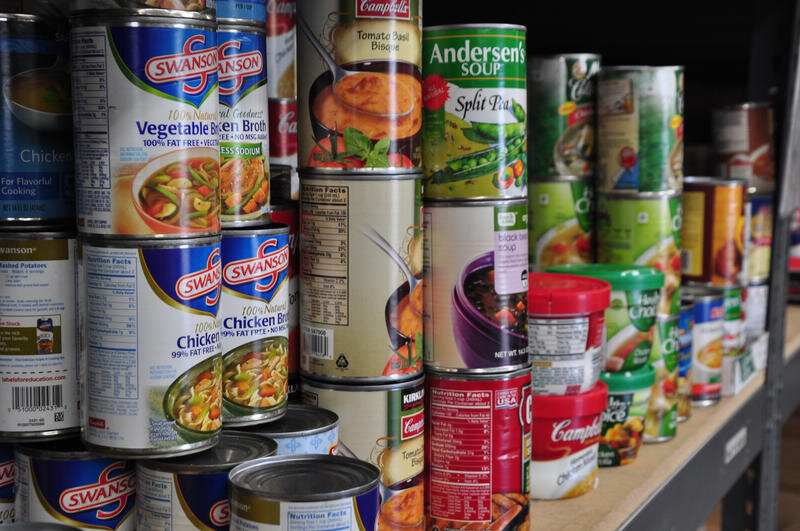
‘People are really struggling:’ Hawaiʻi food banks scramble to meet increased demand
Rising food costs and the end of pandemic-era assistance programs are driving a spike in demand for food assistance.
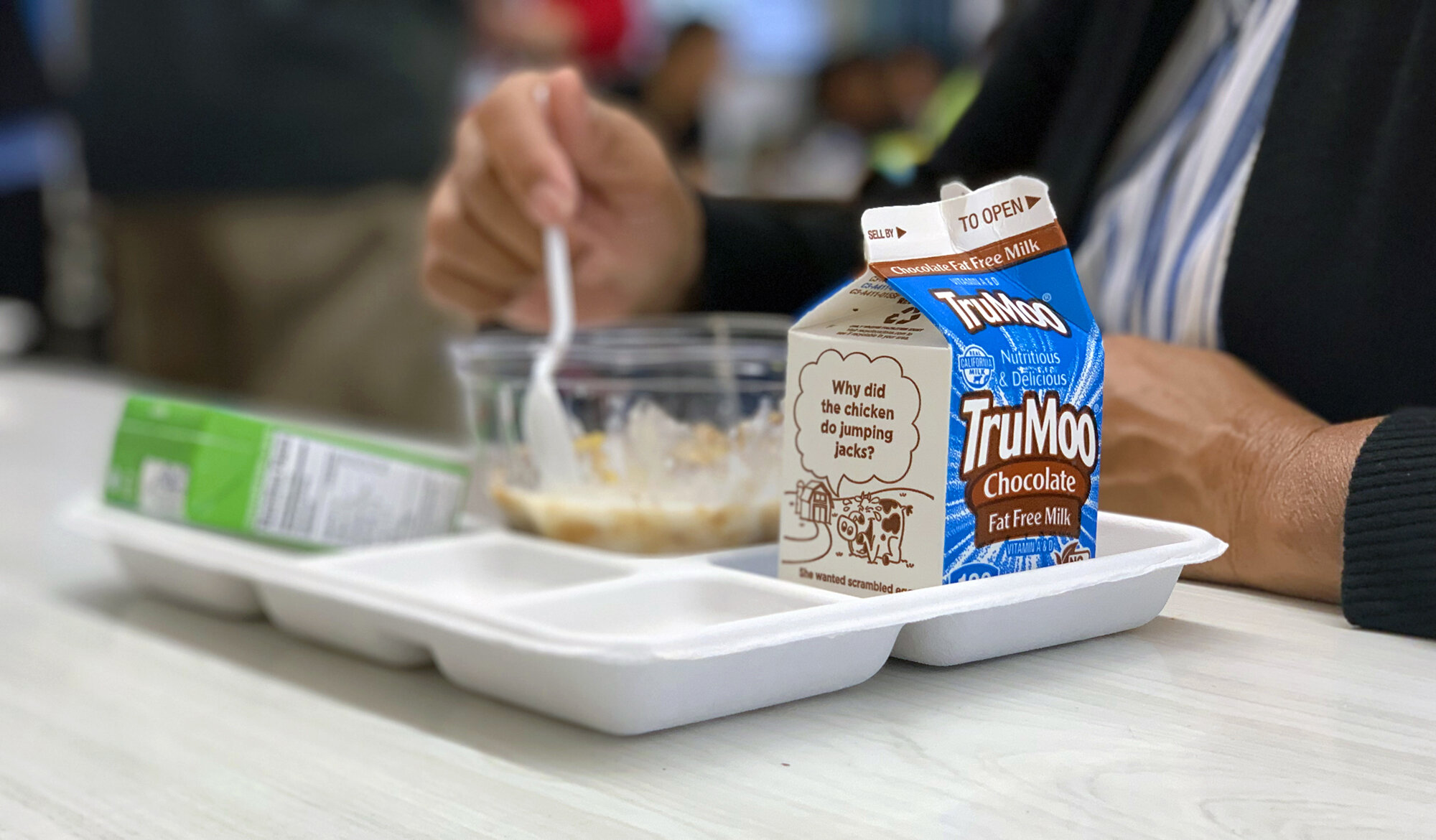
Safeway register donations power school breakfast program
During the month of September, donations will be used by Hawaiʻi Appleseed to improve access to and quality of school breakfast for children across the State of Hawaiʻi.

It’s gotten both worse and better for struggling working families
The good news is that 17 Hawaiʻi nonprofits are helping working families become more financially stable, find affordable housing, and get involved in policy.
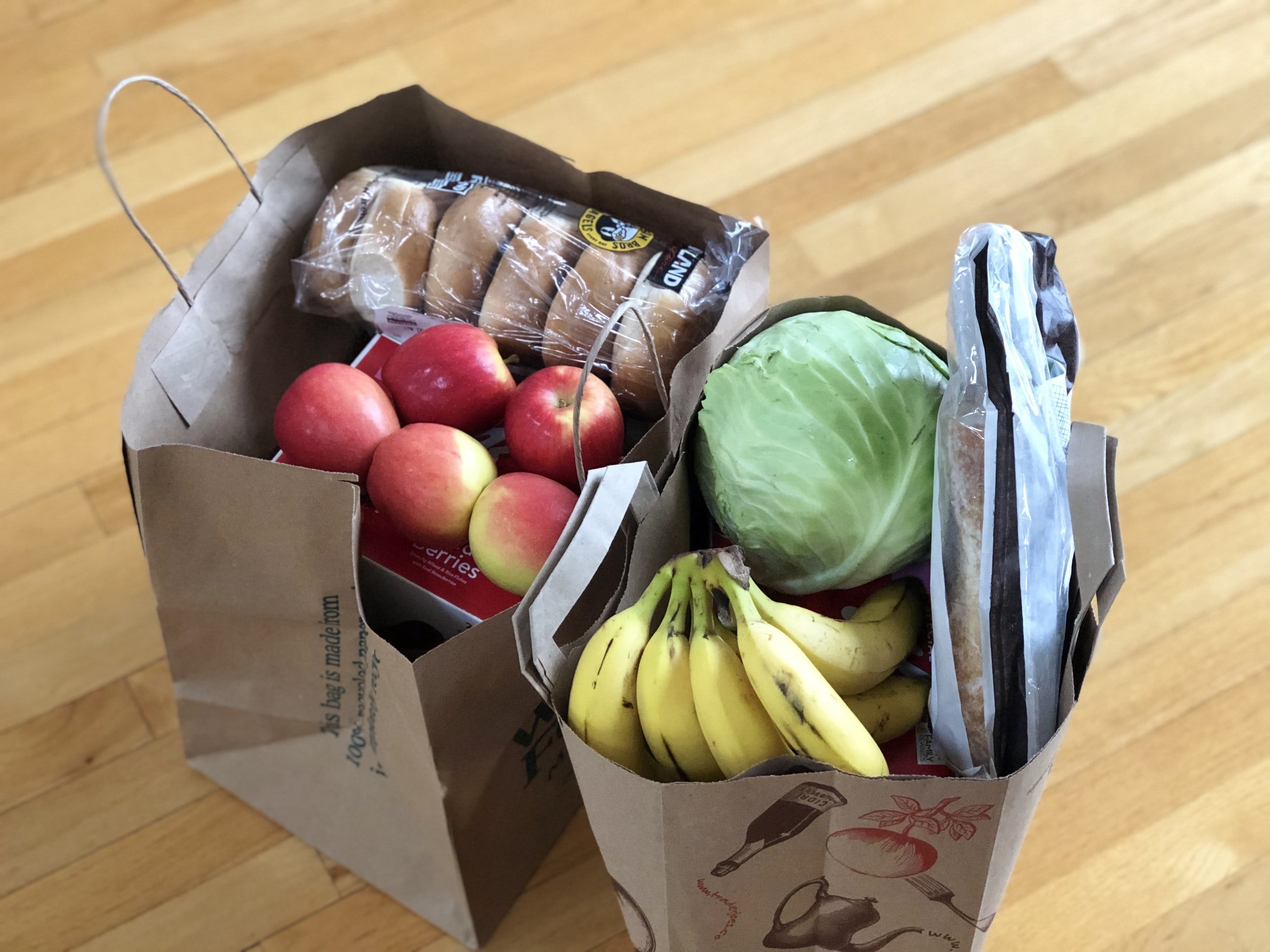
As prices soar, top Democratic candidates for governor support relief from tax on groceries
Hawaiʻi Appleseed said a tax revenue boost must be paired with the tax cut to ensure key services aren’t cut. The organization suggested raising the capital gains tax or increasing tax on the wealthiest earners.

‘Housing first’ model better than shelters
To solve houselessness, we need to look beyond the stop-gap shelter model toward a “housing first” model that guarantees housing to people as a human right.
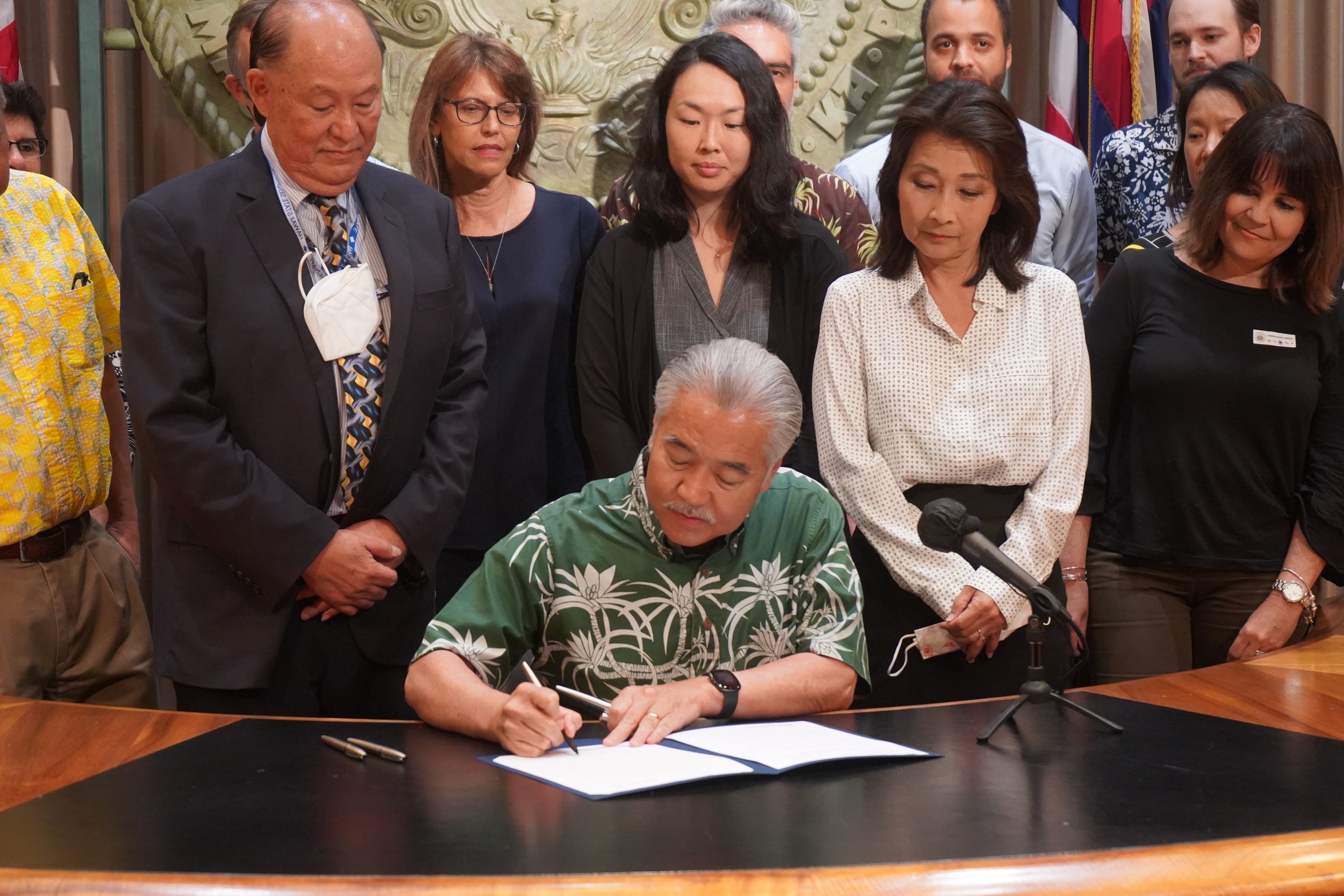
Ige signs $18 minimum wage increase, tax refund
“This historic legislation represents a significant and meaningful step toward transforming our economy so that it works for everyone,” said Hawai‘i Appleseed Executive Director Gavin Thornton. “But much more remains to be done.”
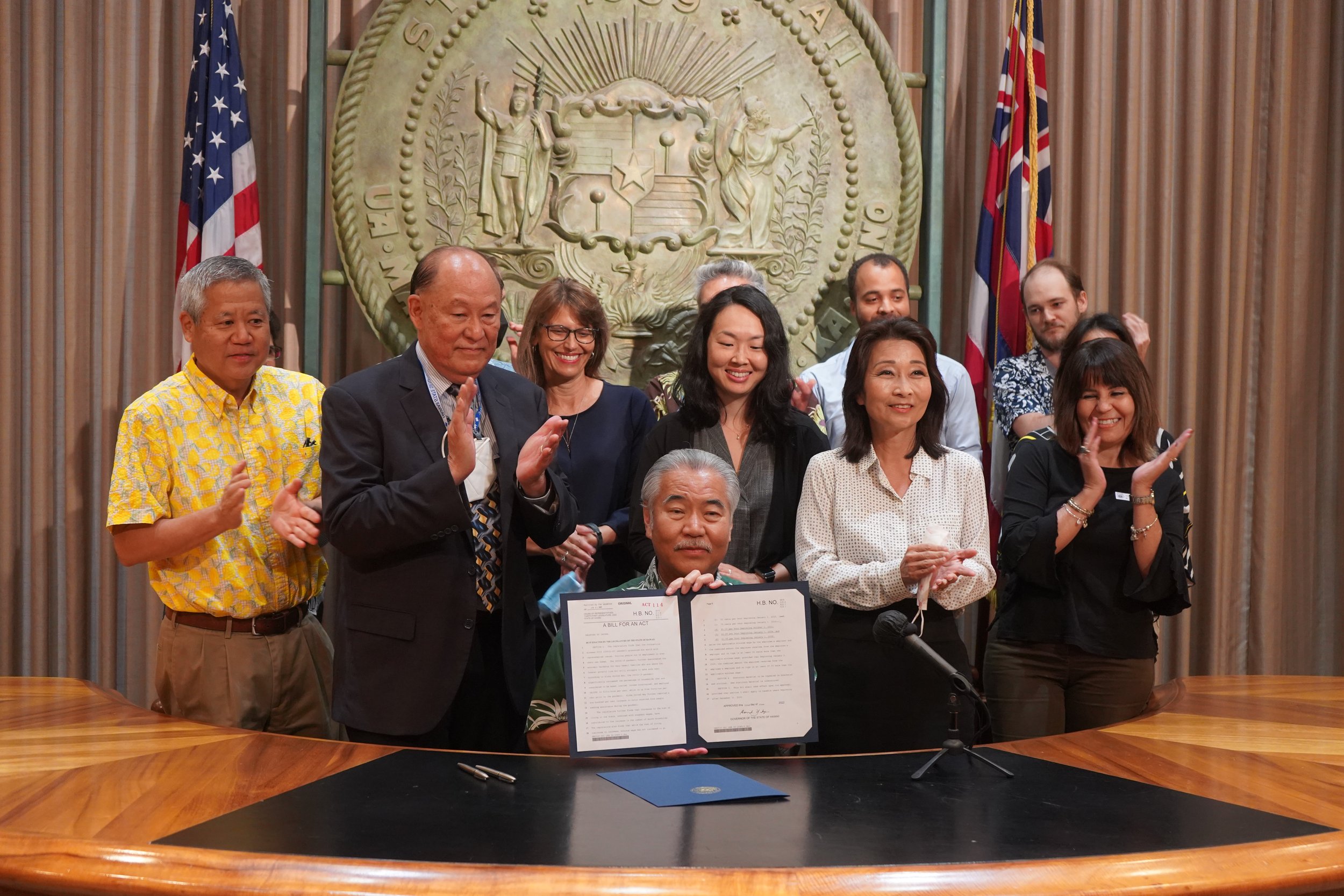
Ige signs minimum wage increase, tax rebate bills
Gov. David Ige, on Wednesday during a ceremony at the state Capitol in Honolulu, signed two bills that will help Hawaiʻi’s working individuals and families.

Hawaiʻi missed out on $200M in federal funding for school meal programs, report says
The Hawaiʻi Appleseed study found that federal programs meant to reimburse organizations that feed Hawaii’s children have not taken into account more than 40 years of increases in local food costs.

Hawaiʻi’s federal child nutrition funding is outdated and insufficient, report finds
Federal reimbursement rates for child nutrition programs in Hawaiʻi do not currently reflect the high cost of living, a new report found.

A pandemic program that fed schoolchildren last summer is now in jeopardy
The USDA is in the middle of examining its reimbursement rates for school meals in Hawaiʻi, but its findings aren’t expected to be released for a few more years.
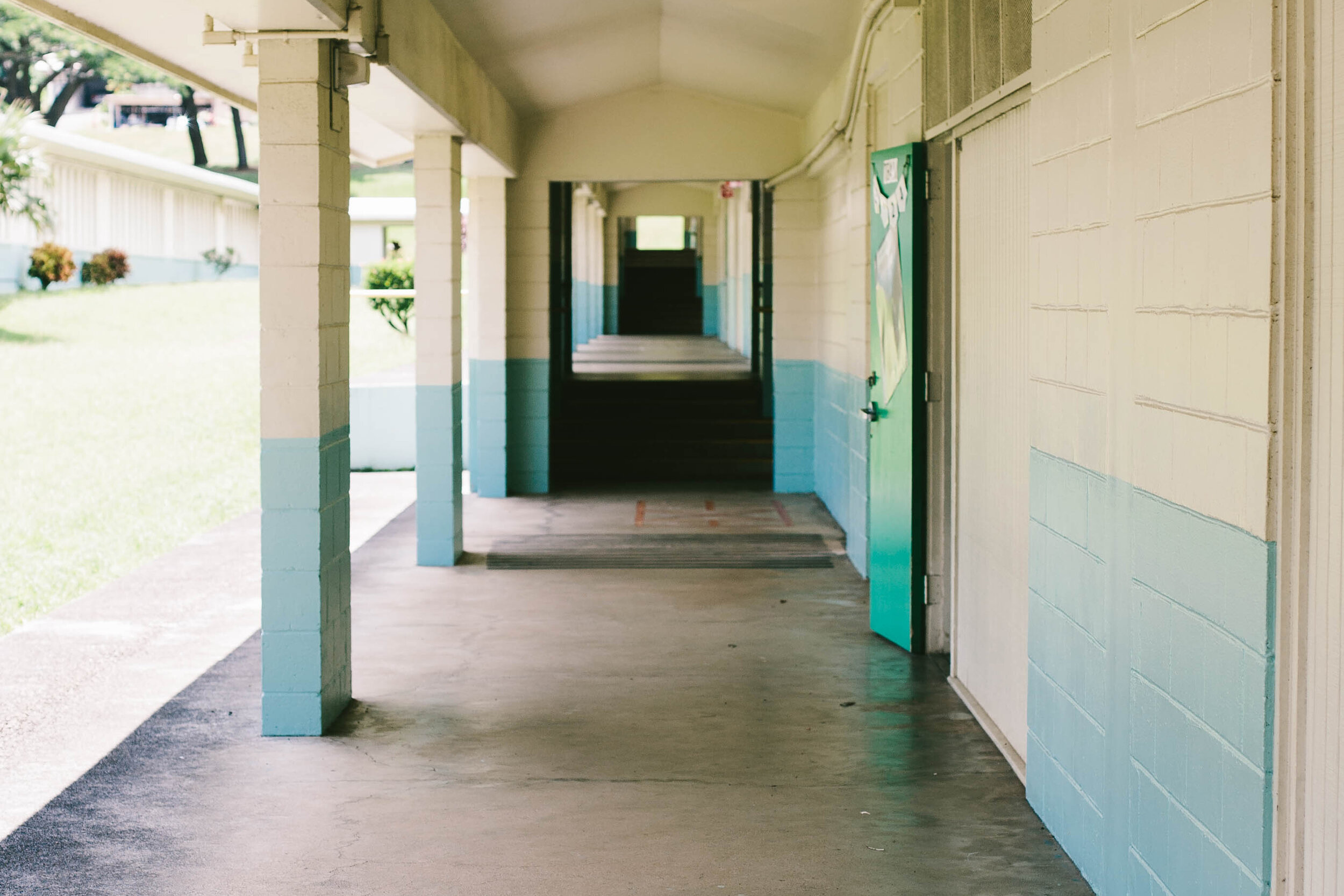
Report: Federal funding flaw shortchanges Hawaiʻi’s school nutrition programs
The Hawaiʻi State Department of Education is paying tens of millions of dollars to feed Hawaiʻi school children due to a flaw in the funding method used by the federal government, according to a report.
